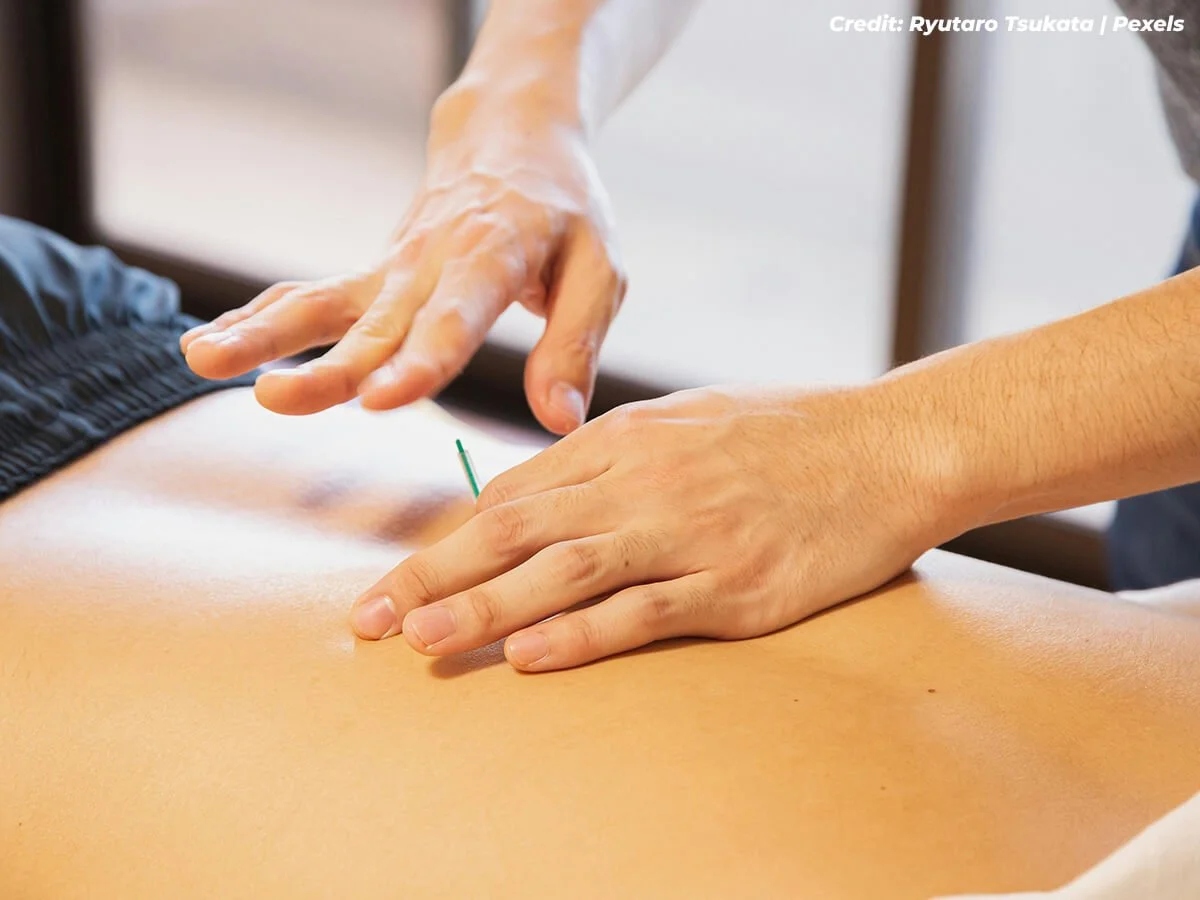How Depression Can Affect Fertility
The journey to parenthood is often envisioned as a joyous and exciting time. However, for many, this path can be fraught with unexpected challenges, emotional turmoil, and the heavy weight of uncertainty. When the dream of conceiving doesn't materialize as quickly or easily as hoped, it's natural to experience a range of emotions, from frustration and disappointment to profound sadness. For some, these feelings can escalate into depression, a serious mood disorder that can cast a shadow over every aspect of life, including the ability to conceive.
The relationship between depression and fertility is not a simple one; rather, it's a complex, bidirectional connection that researchers are still working to fully understand. This article will explore how depression can affect fertility, delving into the psychological and physiological impacts, and offering insights into holistic solutions like acupuncture that can help navigate this challenging intersection of mental and reproductive wellness.
The Two-Way Street: Depression and Infertility
The link between depression and infertility is often described as a "two-way street." On one hand, the stress and emotional toll of infertility can be a significant trigger for depression. Research has shown that women experiencing infertility report levels of anxiety and depression comparable to those with chronic illnesses like cancer or heart disease. The monthly cycle of hope and disappointment, the invasive nature of fertility treatments, and the feelings of isolation can all contribute to a decline in mental well-being.
On the other hand, pre-existing depression can also impact a person's ability to conceive. Studies have suggested that women with a history of depressive symptoms are more likely to experience infertility. While depression itself doesn't directly cause infertility, it can create a cascade of psychological and physiological changes that can interfere with the intricate processes of reproduction.
The Psychological Toll of Depression on Fertility
Depression can have a profound impact on a person's thoughts, feelings, and behaviors, many of which can indirectly affect fertility. One of the most common symptoms of depression is a loss of interest in activities that were once enjoyable, including sexual intimacy. A decreased libido can naturally lead to less frequent intercourse, reducing the chances of conception.
Furthermore, depression often leads to social withdrawal and isolation. When you're struggling with your mental health, it can be difficult to connect with others, especially when it feels like everyone around you is starting or expanding their families. This isolation can exacerbate the stress of infertility, creating a vicious cycle that can be difficult to break.
Sleep disturbances are another hallmark of depression, and poor sleep can have a significant impact on fertility. The hormones that regulate the menstrual cycle are closely linked to the body's circadian rhythms. When sleep is disrupted, it can throw these hormones out of balance, potentially affecting ovulation and making it more difficult to conceive.
Physiological Pathways: How Depression Impacts the Body
The connection between depression and fertility extends beyond the psychological realm. The mind and body are intricately connected, and the emotional distress of depression can trigger physiological changes that can interfere with reproductive function.
One of the key players in this process is the hypothalamic-pituitary-gonadal (HPG) axis, a complex communication system between the brain and the ovaries. The HPG axis is responsible for regulating the hormones that control the menstrual cycle, including the maturation and release of an egg. Chronic stress and depression can disrupt the delicate balance of the HPG axis, leading to hormonal imbalances that can interfere with ovulation.
Stress hormones, particularly cortisol, also play a significant role. When you're under stress, your body releases cortisol to help you cope. However, chronically high levels of cortisol can suppress the reproductive system, potentially delaying or even preventing ovulation. In men, stress and depression have been linked to lower sperm concentration and motility.
The Role of Antidepressants in the Fertility Journey
For individuals with depression, the question of whether to take antidepressants while trying to conceive can be a difficult one. It's essential to have an open and honest conversation with your healthcare provider to weigh the potential risks and benefits of antidepressant use in your individual situation, as untreated depression also carries risks for both parent and baby. For those seeking complementary or alternative options, holistic approaches can offer significant support.
Holistic Approaches to Support Mind and Body
Whether you're dealing with depression, infertility, or both, a holistic approach that supports your mental and physical well-being can be incredibly beneficial.
Acupuncture: A Time-Honoured Approach to Balance
Acupuncture, a key component of Traditional Chinese Medicine, offers a powerful, natural way to address both depression and fertility. This practice involves inserting ultra-thin needles into specific points on the body to rebalance the flow of energy, or Qi. From a modern scientific perspective, acupuncture has been shown to have several benefits:
Mood Regulation
Acupuncture stimulates the release of endorphins, the body's natural "feel-good" chemicals, which can elevate mood. It can also influence neurotransmitter levels, helping to regulate serotonin and dopamine, which are often imbalanced in depression.
Stress Reduction
By calming the nervous system, acupuncture can significantly lower levels of the stress hormone cortisol. As mentioned, high cortisol can disrupt the HPG axis and interfere with reproductive hormones.
Hormonal Support
By mitigating the effects of stress on the HPG axis, acupuncture can help regulate the menstrual cycle, promote regular ovulation, and support a healthy hormonal balance conducive to conception.
Improved Blood Flow
Acupuncture can increase blood circulation to the reproductive organs, including the ovaries and uterus. This improved blood flow can enhance ovarian function and create a more nourishing uterine environment for implantation.
Mind-Body Techniques
Practices like mindfulness, meditation, and yoga have been shown to reduce stress, anxiety, and symptoms of depression. These techniques can help you cultivate a sense of calm and centeredness, even in the midst of uncertainty.
Healthy Lifestyle
A healthy diet, regular exercise, and adequate sleep are fundamental to both mental and reproductive health. Nourishing your body with whole foods, engaging in moderate physical activity, and prioritizing restful sleep can help to balance your hormones and improve your overall well-being.
Seek Support
You don't have to go through this alone. Connecting with a therapist, joining a support group, or confiding in trusted friends and family members can provide a sense of community and validation.
Taking the First Step Towards Wellness
The journey to parenthood can be challenging, and it's important to be kind to yourself and prioritize your well-being along the way. If you're struggling with depression, know that you're not alone and that help is available.
If you are struggling with the emotional challenges of infertility and depression, the team at Total Wellness Centre is here to help. Our compassionate and experienced professionals, including registered acupuncturists in Toronto, can provide you with the services and support you need to go through this difficult time. Call us today at 416-532-9094 to learn more about our services and take the first step towards a healthier, more hopeful future.

